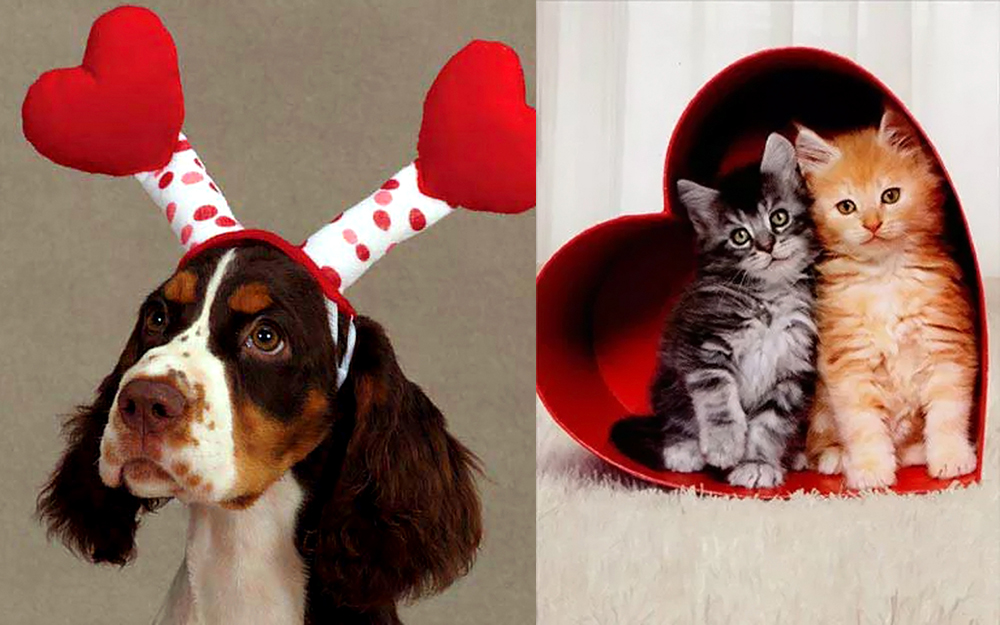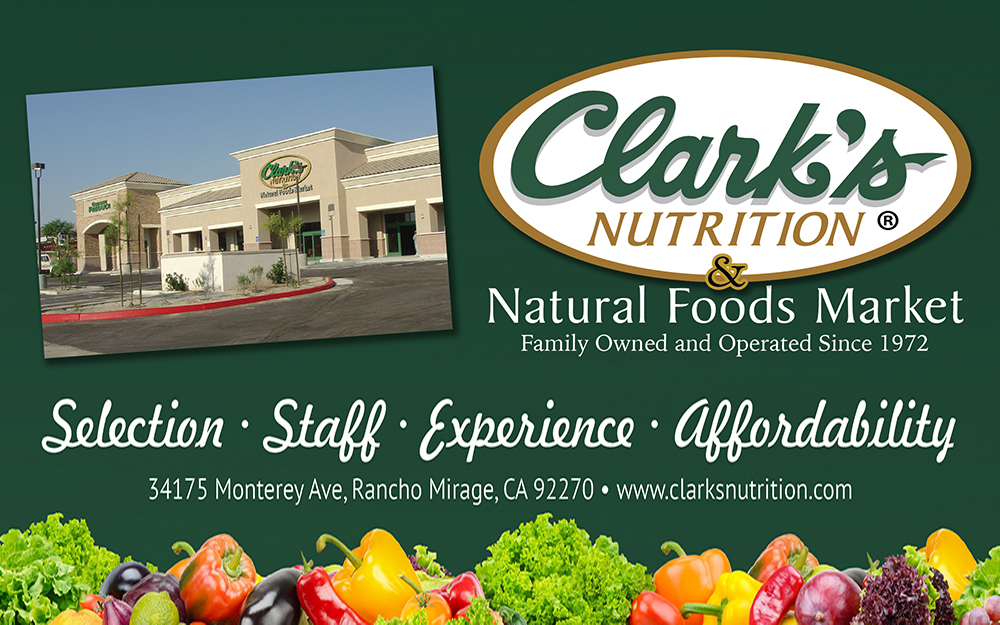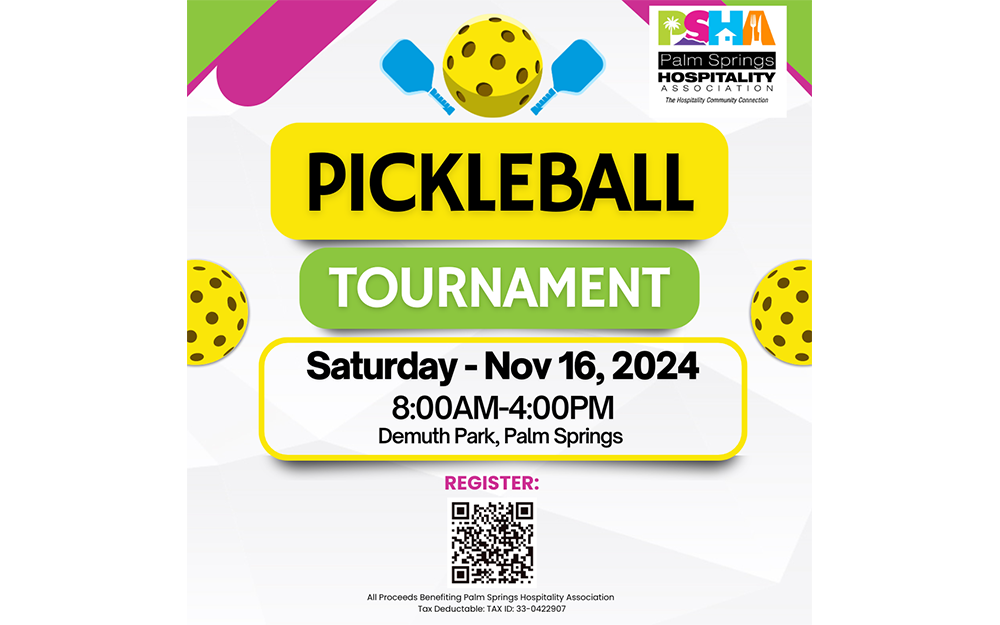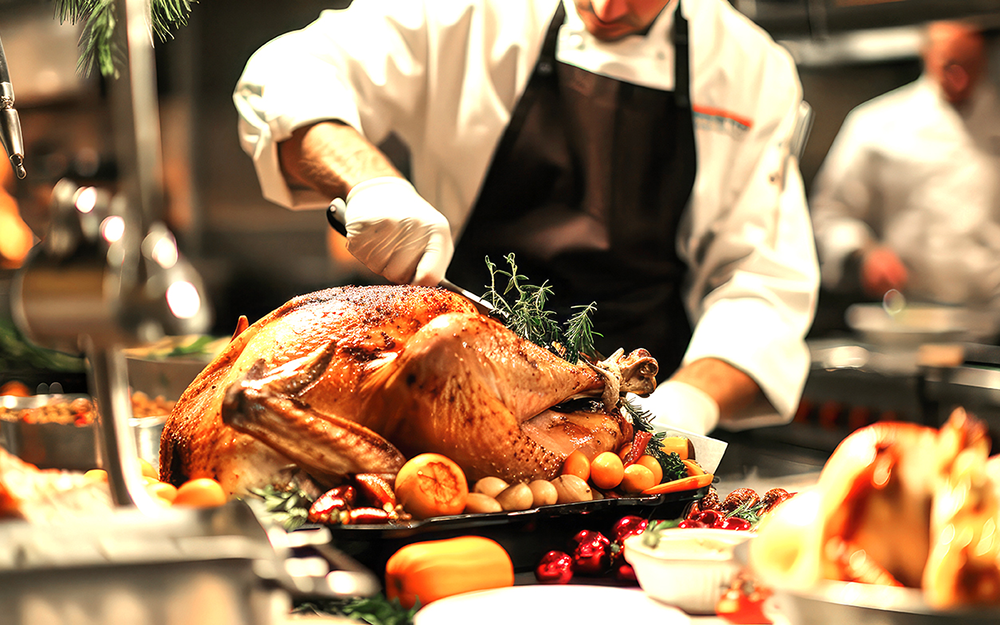
By Janet McAfee
Last week we celebrated Valentine’s Day, happy for the love in our lives including that provided by 4-legged companions. Boxes of chocolate, now half empty, sit on kitchen counters and coffee tables. In the excitement of celebration, folks may not realize that all types of candy may be lethal for their hovering dogs and cats.
Cats and dogs cannot metabolize candy like humans. Chocolate contains caffeine and a compound called theobromine which can be toxic to both cats and dogs depending upon the dose. Cats sense of taste is not as drawn to sweets foods, and they are not as likely as dogs to gobble up a box of chocolates.
Symptoms of chocolate poisoning are digestive upset, vomiting, diarrhea, restlessness, hyperactivity and trembling. If you suspect your pet ate candy or other harmful substance, contact your veterinarian immediately. Veterinary offices tend to be busy during the days after holidays, when access to certain rich foods causes medical problems for animals.
Xylitol, a sugar substitute found in some sugarless gums and candies can also be very harmful to dogs and cats. (This substance favored by dieters can also pose health risks to humans!). If your dog ingests Xylitol, symptoms initially include vomiting, weakness, and lack of coordination. Ultimately, the substance can cause hypoglycemia, seizures, and liver failure. A pack of sugarless gum inside your purse could create a major medical problem for your pet.
The simple solution is to keep Valentine candy secured in a location above the animal’s reach. However, a motivated dog can acquire the ability to scale high counters to reach a dish of candy or other morsel. Containers with a secure lid will prevent problems and reduce the tempting smell.
What’s inside all those wrappers isn’t the only problem. The wrappers themselves can be harmful, and dogs may ingest the bag along with the candy inside. This can result in bowel blockage or at the very least, stomach irritation.
Other foods from holiday meals may also be hazardous. Raisins, grapes, macadamia nuts, avocados, onions, garlic, unbaked bread dough, and alcoholic beverages are among pet toxins found in the kitchen. Fatty table scraps should be avoided, no matter how many longing looks you get from Fido.
However, not all human foods are toxic to our pets. A small amount of canned pumpkin can actually aid their digestion. Apples are an excellent source of phytonutrients that support their overall health. Cooked lentils provide dietary fiber, supporting heart health and a healthy digestive system. A small portion of steamed and chopped green vegetables provide another healthy treat.
For immediate assistance and advice, contact the Pet Poison Helpline at (800) 213-6680, www.petpoisonhelpline.com. The only local emergency vet clinic, open 24-hours 7 days a week, is VCA Valley located at 46920 Jefferson Street in Indio. Keep their phone number, (760) 342-4711, handy in case of any pet medical emergency.









































